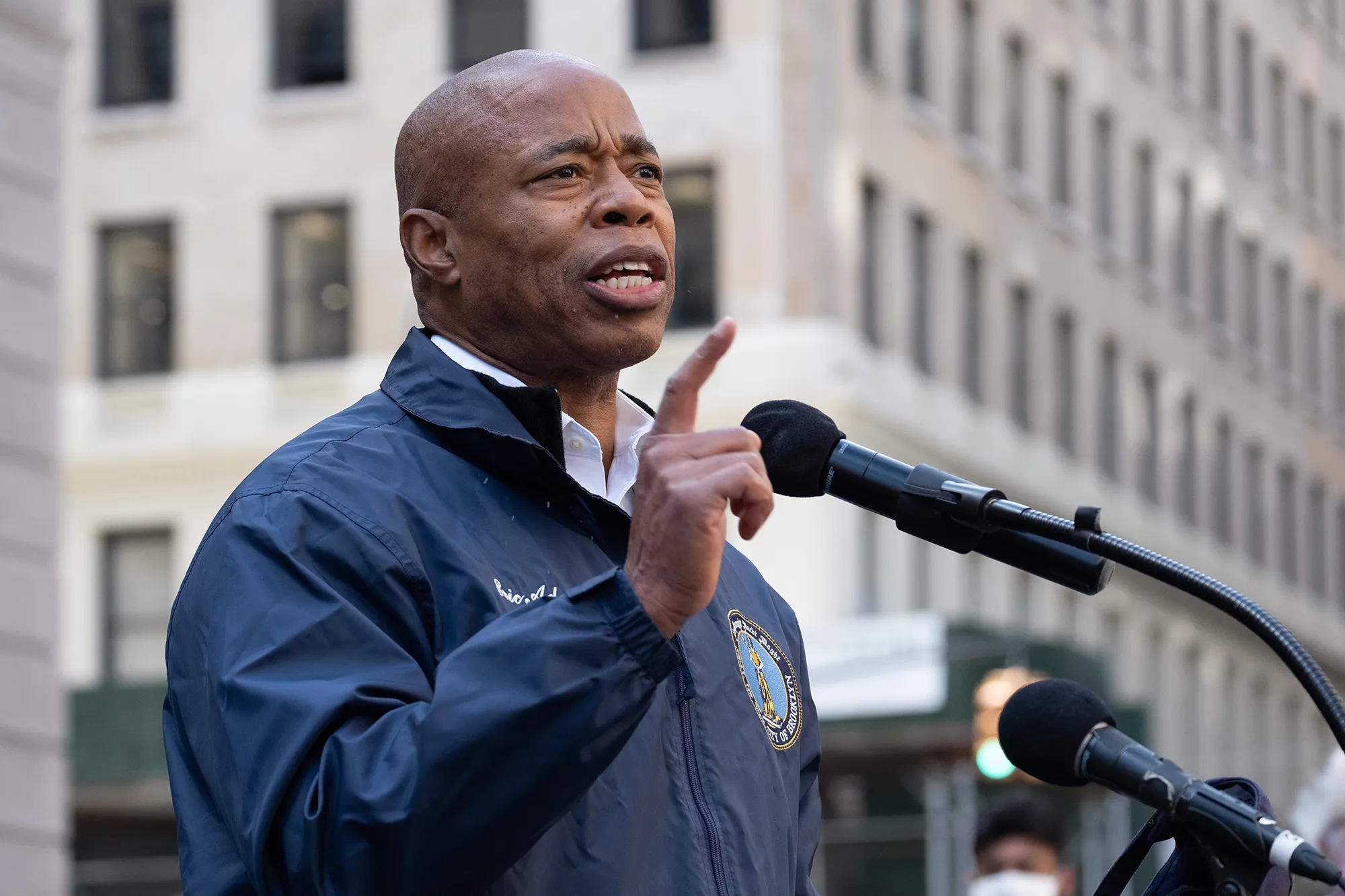A notorious Venezuelan gang, Tren de Aragua (TdA), has expanded its violent operations into the United States, raising alarms in San Antonio, Texas, where the group has reportedly seized control of at least four apartment complexes. Law enforcement agencies and reports from the Daily Mail confirm the gang’s growing influence, with its criminal activities now firmly entrenched in several U.S. cities.
Tren de Aragua, infamous in South America for drug trafficking, human smuggling, and child prostitution, is now taking advantage of the recent surge in Venezuelan migrants crossing the U.S. border. Their operations, once limited to Venezuela and other Latin American countries, have expanded into cities like Miami, Denver, New York, and Texas, where they are unleashing violence and chaos.
In a chilling development, the gang has reportedly set up a base of operations in San Antonio, occupying multiple apartment complexes and turning them into hubs for illegal activities. Residents of these complexes are living in fear as the gang controls the properties, using them for drug dealing, prostitution, and human trafficking, including the exploitation of women and children.
On October 16, Chuck Callesto tweeted about the gang’s increasing presence, highlighting how they have taken over four apartment complexes in San Antonio, a terrifying show of strength. Last week, a large police raid at one of these complexes, the Palatia Apartments, led to the arrest of 19 individuals, including four known members of Tren de Aragua. The raid was part of a broader investigation into illegal activities at the complex, which had been under gang control for months.
According to law enforcement, the Palatia Apartments had become a hotspot for the gang’s operations, with drugs being trafficked through the complex and vulnerable individuals, including children, being exploited for prostitution. One officer involved in the raid described the scene as chaotic, with helicopters and drones circling the area and heavily armed police storming the complex in the early morning hours.
But the Palatia Apartments are just the beginning. Authorities have confirmed that Tren de Aragua has seized control of three other apartment complexes in the city, though they are withholding specific details to protect ongoing investigations. The fear among residents is palpable, as many worry that the gang’s influence could spread further into the city.
The gang’s reach extends far beyond Texas. Tren de Aragua has also infiltrated communities in cities like Denver and Miami, as well as towns along the southern U.S. border. In Juarez, Mexico, the gang is known to kidnap and exploit asylum-seeking migrants, profiting from the chaos and humanitarian crisis created by Venezuela’s political and economic turmoil.
In South Texas, Tren de Aragua’s operations are alarmingly close to San Antonio’s Migrant Resource Center, a shelter run by Catholic Charities. Intelligence gathered by an undercover officer embedded in the shelter helped spark the police raid at Palatia Apartments. San Antonio Police Chief William McManus has vowed to continue the crackdown on the gang, stating that authorities are aware of the group’s members and are actively targeting them. “We know who you are, and we’re coming for you,” he said.
Despite these reassurances, locals remain deeply concerned. Many believe that city officials and law enforcement are not fully acknowledging the magnitude of the problem. Joe Jones, president of the San Antonio Firefighter’s Association, voiced his fears, stating that city hall appears to be downplaying the gang’s presence. He noted that emergency responders, such as firefighters, feel particularly vulnerable, as they often enter gang-controlled areas unarmed and dressed in uniforms that resemble those of police officers.
These concerns are shared by many residents who feel trapped in their own homes, unable to escape the gang’s grip. “It’s terrifying,” said one resident of the Palatia Apartments, who asked to remain anonymous for fear of retribution. “You don’t feel safe in your own neighborhood. You can’t let your kids play outside. It’s like living in a war zone.”
The San Antonio Police Department is continuing its investigation into Tren de Aragua’s activities, and more raids and arrests are expected in the coming weeks. However, the situation highlights a growing concern about the influx of criminal organizations like Tren de Aragua, which are exploiting the U.S. immigration crisis to expand their influence and establish footholds in American cities.
Critics have pointed to the current administration’s immigration policies as a contributing factor to the rise of gangs like Tren de Aragua within the U.S. Representative María Elvira Salazar tweeted on October 16 about the gang’s new spin-off, “Pequeños Diablos de la 42,” which reportedly forces children as young as 11 to commit crimes in New York City. “Bad policy will corrupt our youth!” she warned.
As law enforcement grapples with the growing threat, residents of San Antonio and other affected cities can only hope that decisive action is taken to dismantle the gang’s operations before more lives are harmed by their brutal tactics. For now, the gang’s reign of terror continues, and its grip on communities remains a serious issue in Kamala Harris’s America.

